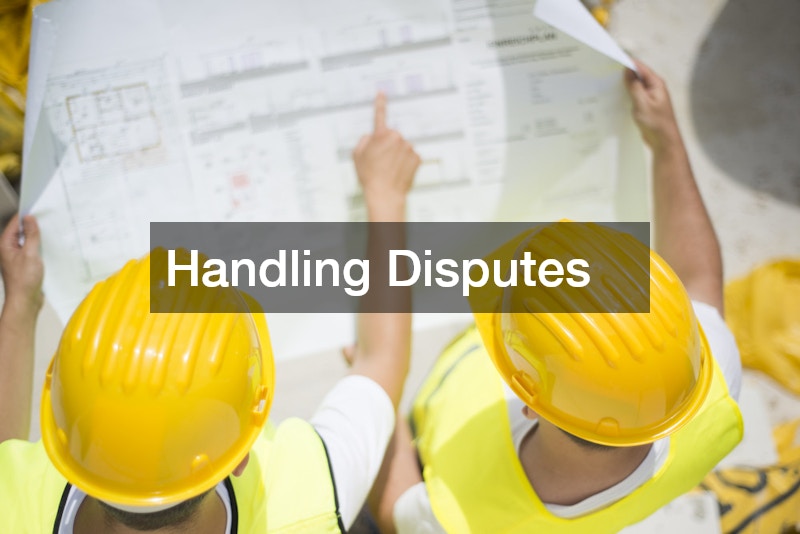Your journey through a residential construction project is a significant undertaking. Whether it’s building a new home from the ground up or embarking on a major renovation, understanding the process and potential challenges is crucial. This article will guide you through the key expectations of your project to ensure a smoother experience.
Residential Construction Project Length
Factors Influencing the Timeline
The timeline of a residential construction project can be influenced by numerous elements, each contributing to potential delays or expedited progress. Weather conditions play a significant role, with rain or extreme temperatures potentially halting work and causing setbacks. Additionally, the size and complexity of the project itself will heavily dictate how much time is needed, with larger or more intricate designs requiring extensive attention to detail.
Unforeseen delays are another major factor; these can include supply chain issues, labor shortages, or unexpected complications uncovered during the building process. It’s important to anticipate these possibilities and factor a buffer period into your schedule to absorb such shocks without panic. Understanding that these elements are common can help mitigate frustration and manage expectations appropriately.
Proactive communication and planning can also significantly alleviate timeline stresses. Consistent updates from contractors regarding progress and potential issues can allow for adjustments to be made swiftly, minimizing downtime. It’s beneficial to regularly consult with professionals to ensure your project stays on or as close to schedule as possible.
Typical Phases of Construction
Residential construction generally follows a sequence of stages, each of which is crucial to the completion of the project. The initial planning phase involves consultation with architects and contractors to refine designs and acquire necessary permits. This stage sets the foundation for a well-organized project and ensures compliance with local building regulations.
Next is the construction phase, where the physical building takes shape. Starting with site preparation and foundational work, this phase progresses through framing, roofing, and installing critical systems like plumbing and electrical. Through diligent monitoring of each step, quality and safety standards are maintained, preventing potential future issues.
The final stages bring the project to completion, focusing on finishes, inspections, and the ever-exciting move-in day. This includes interior detailing, painting, flooring, and the last quality checks to ensure that every component meets desired standards. With these combined efforts, you can anticipate a seamless transition into your new living space.
Common Costs Involved
Understanding Your Budget
Creating a detailed budget is a critical step toward successfully managing your residential construction project. It’s important to consider not only the major components like labor and materials, but also the smaller expenses that can accumulate. Contingency funds are crucial, as they provide a financial cushion against unforeseen circumstances that might arise during construction.
When setting your budget, working closely with your contractor can help provide estimated costs tailored to the specific needs of your project. Contractors can offer insights into different material options, labor fees, and necessary permits, allowing for an informed financial plan. With a comprehensive understanding of potential investments, you can avoid penny-pinching later on.
Financial flexibility is another asset, enabling quick responses to changing project demands or market conditions. Research indicates that while new construction can be expensive, proper budgeting can prevent overspending by up to 20%. Ultimately, a pragmatic approach to financial planning will help you stay on track and within your means.
Managing Unexpected Expenses
No matter how thoroughly you plan, unexpected expenses can, and likely will, arise during a residential construction project. Changes in material costs, additional labor, or unexpected structural modifications are common culprits behind budget overruns. Being prepared can transform these potential roadblocks into navigable challenges.
One strategy to manage unexpected costs is maintaining an open line of credit or dedicated savings for such occurrences. These funds can be tapped into when immediate adjustments are necessary, ensuring continuous progress without financial strain. Contracts that specify fixed pricing for certain aspects can also prevent financial surprises.
Regular, transparent communication with your contractor will enable timely discussions and recalibrations of your budget. This adaptability allows for real-time responses to the unforeseen, preventing small issues from ballooning into major financial woes. Such preparation not only safeguards your finances but also underscores your role as an informed homeowner.
Communicating Effectively with Contractors
Setting Clear Expectations
Effective communication with your contractor is fundamental for a smooth construction process. It begins with clearly articulating your vision during the planning stages, setting the expectation baseline for quality and timelines. Establishing mutual objectives fosters a cooperative relationship and ensures everyone is on the same page from the outset.
Consistent check-ins to discuss project updates, changes, or concerns bolster transparency and trust. Communication should be a two-way street, where every party feels comfortable raising issues or asking questions as they arise. This proactive stance helps forestall misunderstandings that could lead to costly or time-consuming delays.
Handling Disputes
Disputes are sometimes inevitable in construction projects, but managing them well is crucial to maintaining momentum. Initial agreements should include a conflict resolution clause detailing steps to address disagreements. This provision offers a structured approach to resolving issues before they escalate.
Should a dispute arise, calmly discuss the matter with your contractor to understand the root of the problem. By addressing issues directly and constructively, you demonstrate respect for the contractor’s work while advocating for your interests. In many cases, this can lead to a compromise that satisfies all parties and smooths over tensions.
A residential construction project can be both exciting and daunting. With the right expectations, preparedness, and effective communication with your contractors, you can navigate the process smoothly. Arm yourself with the knowledge provided here, and step into your construction project with confidence.

